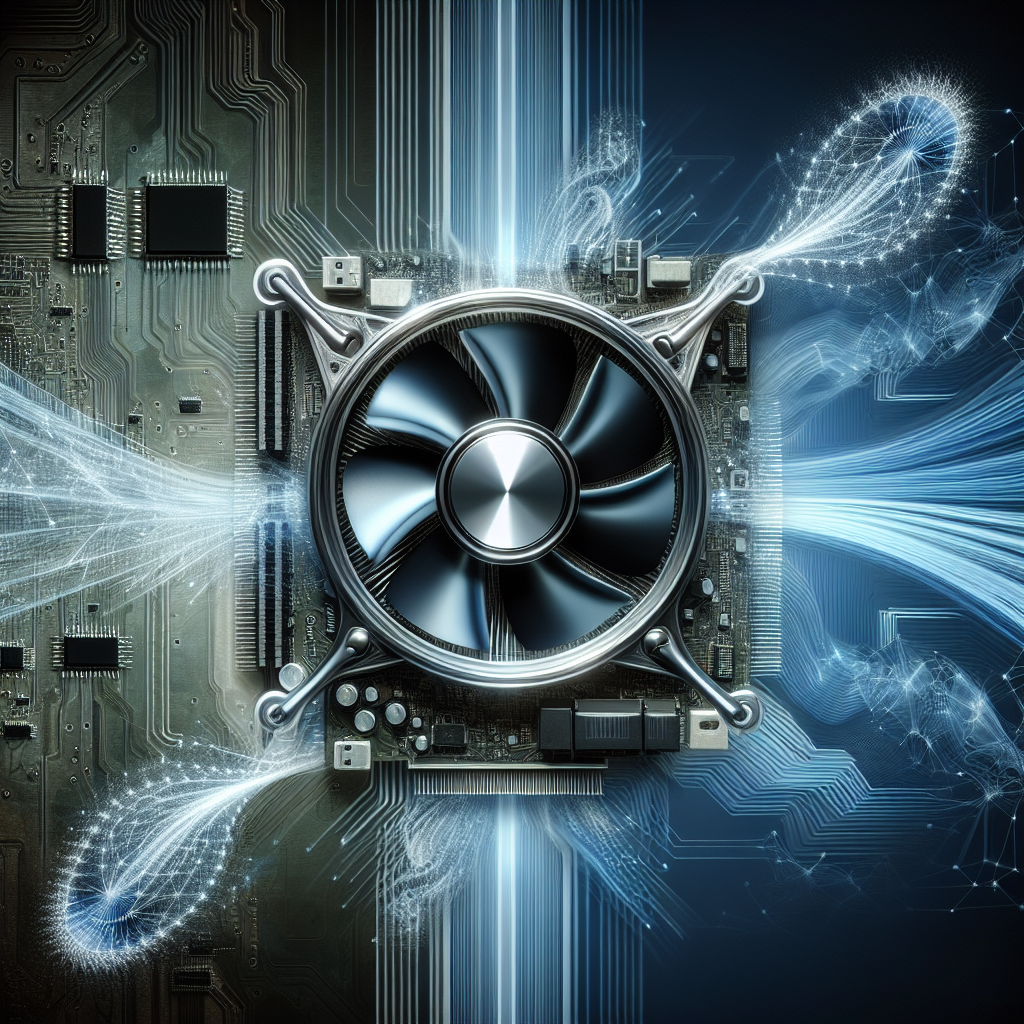As technology continues to advance at an unprecedented pace, one area that is seeing significant improvements is cooling technology. With the increasing demand for high-performance computers, gaming laptops, and other electronic devices that generate a significant amount of heat, the need for more efficient cooling solutions has never been more crucial.
One of the latest innovations in cooling technology is Cooler Boost 5, a cutting-edge cooling system developed by MSI, a leading gaming laptop manufacturer. Cooler Boost 5 uses advanced thermal design techniques, such as heat pipes, dual fans, and multiple air vents, to effectively dissipate heat and keep the device running at optimal temperatures. This technology not only ensures better performance but also extends the lifespan of the device by preventing overheating.
But what does the future hold for cooling technology beyond Cooler Boost 5? Here are some potential advancements that we can expect to see in the coming years:
1. Liquid cooling systems: While liquid cooling systems are not new, they are becoming increasingly popular for high-performance computers and gaming laptops. These systems use liquid coolant to transfer heat away from the components, providing more efficient cooling than traditional air cooling methods. As technology improves, we can expect to see more compact and affordable liquid cooling solutions that are suitable for a wider range of devices.
2. Advanced materials: Researchers are constantly exploring new materials that have better thermal conductivity and heat dissipation properties. Graphene, for example, is a promising material that could revolutionize cooling technology by conducting heat more efficiently than traditional materials like copper or aluminum. As these materials become more affordable and easier to manufacture, we can expect to see them being used in a wide range of cooling applications.
3. AI-powered cooling systems: With the rise of artificial intelligence and machine learning, we can expect to see more intelligent cooling systems that can adapt to the device’s usage patterns and environmental conditions. These systems can dynamically adjust fan speeds, monitor temperature levels, and optimize cooling performance in real-time, leading to better efficiency and performance.
4. Passive cooling solutions: As consumers become more concerned about energy efficiency and environmental impact, we can expect to see more passive cooling solutions that do not rely on fans or other mechanical components. Heat sinks, for example, are a popular passive cooling method that uses metal fins to dissipate heat without the need for fans. With advancements in materials and design, we can expect to see more innovative passive cooling solutions that are silent, efficient, and eco-friendly.
In conclusion, the future of cooling technology looks promising, with advancements such as liquid cooling systems, advanced materials, AI-powered cooling systems, and passive cooling solutions reshaping the way we keep our electronic devices cool. As technology continues to evolve, we can expect to see even more efficient and effective cooling solutions that will push the boundaries of performance and innovation.


Leave a Reply